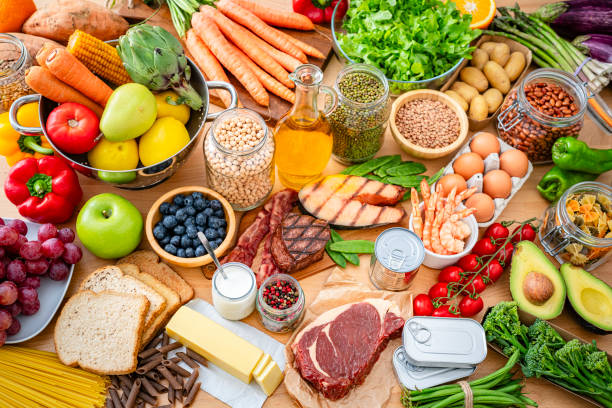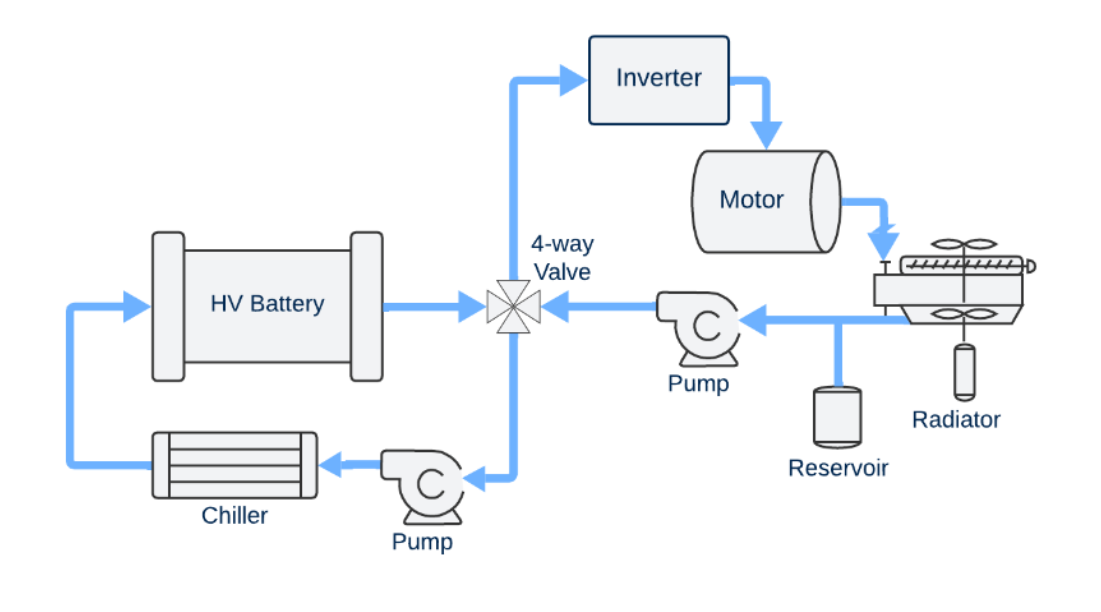Low-Fiber Diets Tied to Dangerous Heart Plaque, Swedish Researchers Report
🩺 Study Overview
Researchers in Sweden examined the link between fiber-poor diets and coronary atherosclerotic plaque—an important risk factor for early death. Their findings appeared in Cardiovascular Research.
Globally, cardiovascular disease (CVD) leads to significant mortality and disability. Most premature CVD deaths stem from coronary artery disease, where years of plaque accumulation can eventually cause heart attacks or sudden cardiac death.
Role of Coronary CT Angiography (CCTA)
New imaging techniques, like coronary computed tomography angiography (CCTA), offer non-invasive ways to identify plaques at risk of rupturing. CCTA is increasingly used worldwide to evaluate plaque characteristics and assess patient risk.
Diet Index: Anti-Inflammatory Foods vs. Pro-Inflammatory Foods
Diets like the Mediterranean one are known for heart protection, largely due to their high fiber content. To quantify this, researchers created an anti-inflammatory Diet Index (DI), based on foods linked to lower levels of inflammation markers like high-sensitivity C‑reactive protein (hsCRP). Validated over a 16-year Swedish study, a high DI was associated with reduced risks of heart failure, abdominal aneurysm, and death.
Beneficial foods in the DI include:
-
Fruits & vegetables
-
Nuts & whole grains (e.g., oatmeal, whole-grain bread)
-
Canola and olive oils
-
Coffee, tea, chocolate, red wine, beer
Pro-inflammatory foods comprise:
-
Potato chips
-
Red meat
-
Sugary beverages
Study Design: SCAPIS Cohort
Using data from the Swedish CArdioPulmonary BioImage Study (SCAPIS), the researchers analyzed 24,079 adults aged 50–64 without clinical CVD at baseline. Diet was quantified into tertiles—highest DI indicating healthier, plant-based diets; lowest DI signifying more inflammatory diets.
Participants underwent CCTA, which tracked:
-
Any plaque presence
-
Significant plaque (≥ 50% stenosis)
-
High-risk plaques (non-calcified, low attenuation or ≥50% narrowing), which have a ten-fold higher risk of coronary events over five years.
Key Findings
-
Health & Lifestyle
-
Those in the lowest DI group were generally younger, more often male (62% vs. 33%), and showed higher hsCRP, elevated blood pressure/lipids/triglycerides, more diabetes, less exercise, and higher rates of smoking, alcohol use, and calorie intake.
-
-
Plaque Prevalence
-
Any plaque: 44.3% in low-DI vs. 36.3% in high-DI
-
≥50% stenosis: 6.0% vs. 3.7%
-
Non‑calcified significant plaques: 1.5% vs. 0.9%
-
Lower DI linked to more calcification, greater plaque volume, and more vessel narrowing
-
-
Adjusted Risk
-
Low-DI individuals had a 67% higher likelihood of high‑risk plaque (OR 1.67) after adjusting for age and sex. But this association weakened when further adjusting for waist circumference, triglycerides, and blood pressure.
-
-
Obesity & Metabolic Drivers
-
Excess waist fat, high triglycerides, and hypertension explained between 21% and 57% of plaque differences, with waist size having the greatest effect.
-
-
Gender Differences
-
Women with low DI had more overall plaque, though not necessarily more high-risk types. Education and total calorie intake influenced DI itself rather than plaque presence.
-
-
Lifestyle Confounders
-
Smoking, sedentary behavior, hypertension, and obesity all contributed to plaque risk.
-
Study Strengths & Limitations
-
Strength: First large-scale study combining high-resolution CCTA plaque analysis with dietary habits in a community-based, middle-aged sample.
-
Limitations:
-
Self-reported diet via food frequency questionnaires may have recall bias.
-
The primarily Swedish sample may limit applicability to diverse populations.
-
Study design is observational and cross-sectional—only associations can be inferred, not causation.
-








